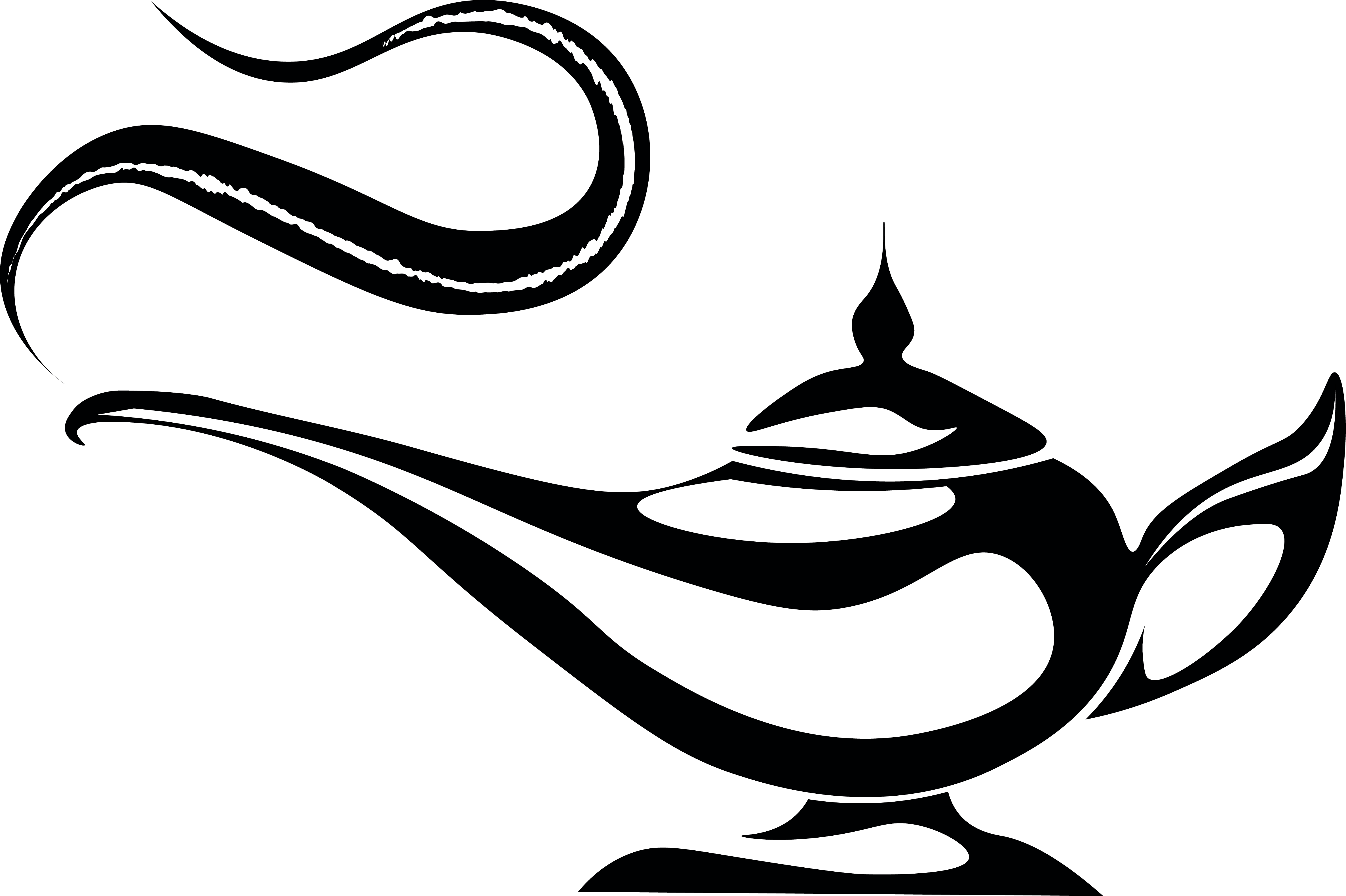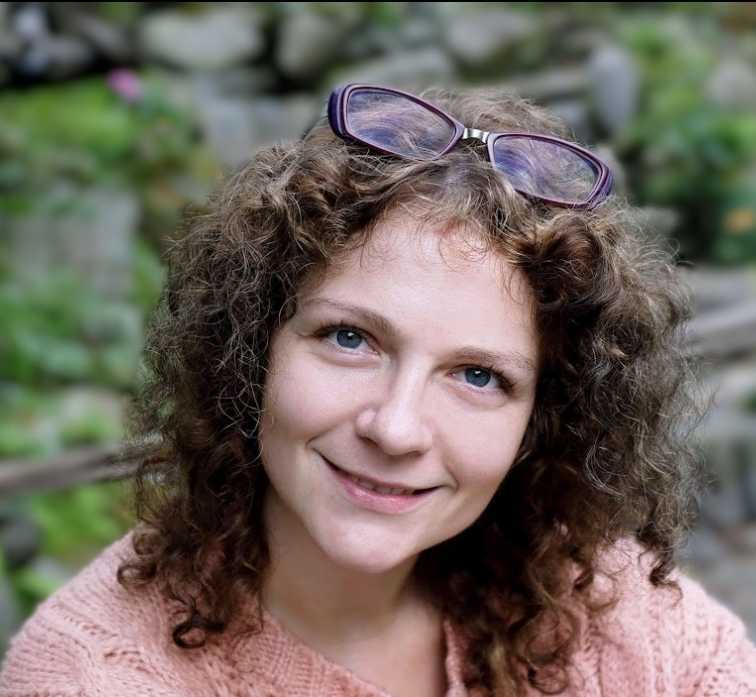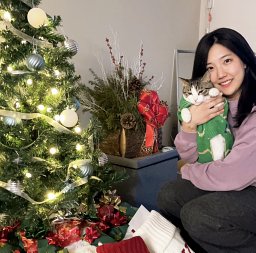| Rank | Model | Accuracy | # Correct pairs | # Attempted pairs |
|---|
 A Novel Challenge for long-context language models
A Novel Challenge for long-context language models
NoCha measures how well long-context language models can verify claims written about fiction books. See our paper and GitHub repo for details.
About the benchmark: NoCha contains 1001 narrative minimal pairs from recently-published novels, where one claim is true and the other is false. Given the book text and a claim, a model is instructed to verify whether the claim is true or false. A model only gets credit for a pair if it correctly labels both the true and false claim.
Data update: In November 2024, NoCha claims were expanded with 164 new claim pairs from 13 additional books. Models that performed above random on the original dataset were also tested on these new claims. If multiple models from the same family qualified, only the latest version was tested. Look for the ★ next to a model's name in the leaderboard to see which ones were tested on the new claims.
Example pair
Book: "Tainted Cup" by Robert Jackson
True claim: Despite her skills as an Apoth, Nusis is unable to reverse engineer the type of portal opened by the reagents key found in Rona's wooden chest.
False claim: By using her skills as an Apoth, Nusis is able to reverse engineer the type of portal opened by the reagents key found in Rona's wooden chest.
Human-written explanation from NoCha: The reagents key is in fact not a key at all but the cure for dappleglass poisoning, which explains why Nusis is unable to figure out what type of portal it opens.
Main prompt (explain+answer)
You are provided with a context and a statement. Your task is to carefully read the context and then determine whether the statement is true or false. Answer TRUE if the statement is true in its entirety based on the context provided. Answer FALSE if any part of the statement is false based on the context provided.<context> {book text} </context> <statement> {claim} </statement> <question> Based on the context provided, is the above statement TRUE or FALSE? </question> First provide an explanation of your decision-making process in at most one paragraph, and then provide your final answer. Use the following format:<explanation> YOUR EXPLANATION </explanation> <answer> YOUR ANSWER </answer>
Simple prompt (answer only)
You are provided with a context and a statement. Your task is to carefully read the context and then determine whether the statement is true or false. Answer TRUE if the statement is true in its entirety based on the context provided. Answer FALSE if any part of the statement is false based on the context provided.<context> {book text} </context> <statement> {claim} </statement> <question> Based on the context provided, is the above statement TRUE or FALSE? </question>







